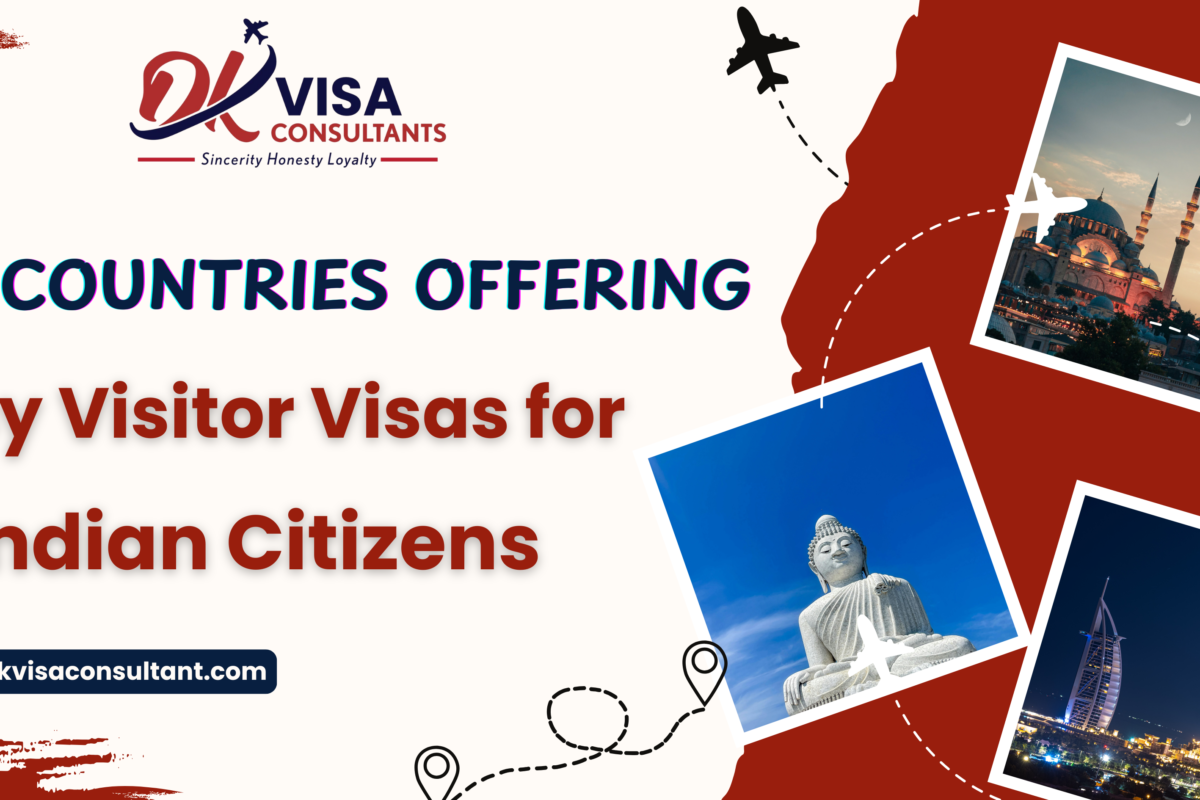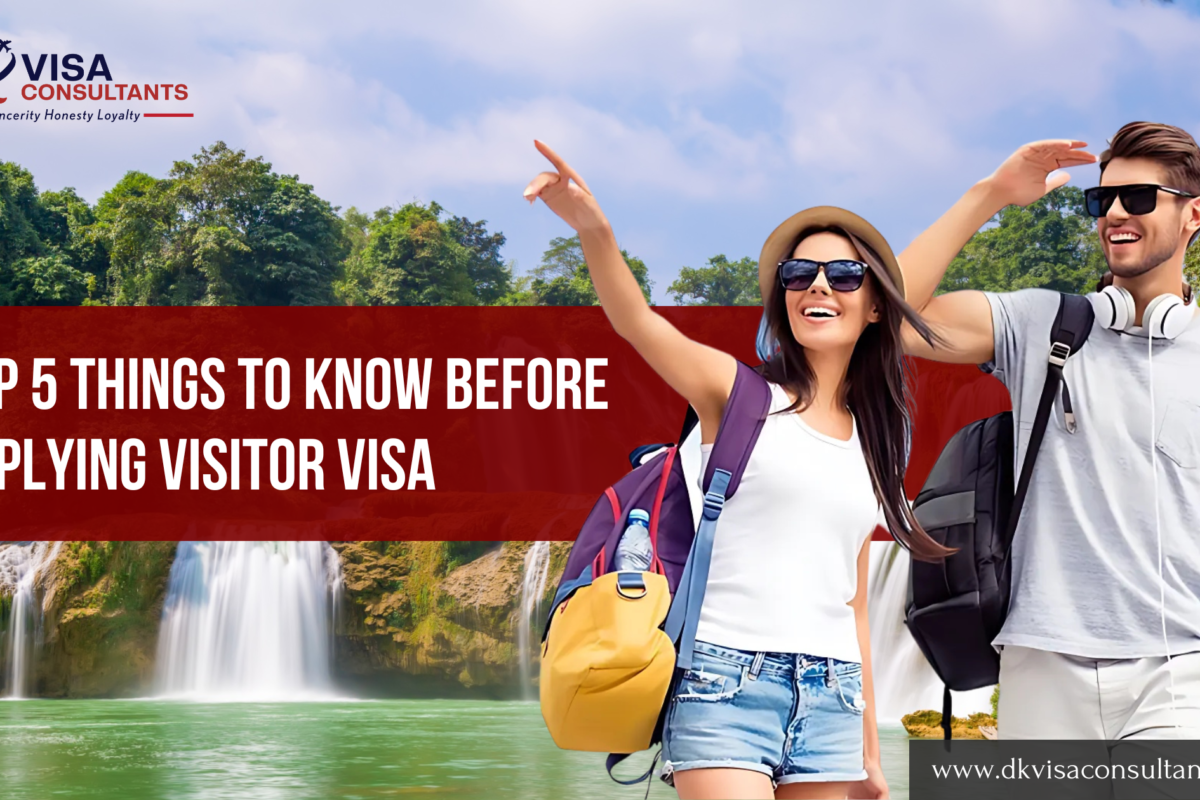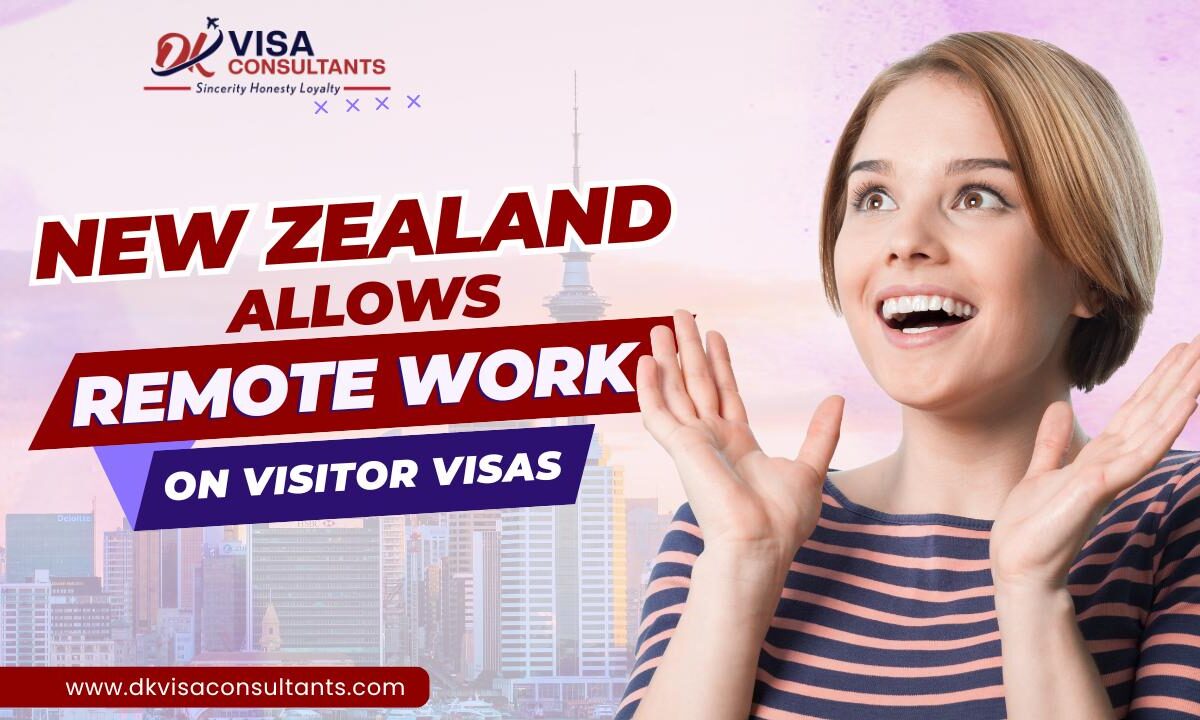In 2025, international travel has become increasingly accessible for Indian passport holders, thanks to streamlined visa regulations, growing diplomatic relationships, and advancements in digital application systems. As the demand for international travel continues to surge, many travelers are exploring the top countries offering easy visitor visas for Indian citizens in 2025. These destinations provide simple, quick, and accessible visa processes, whether through eVisa platforms, visa-on-arrival programs, or visa-free arrangements.
This blog offers an in-depth look at some of the most welcoming countries for Indian passport holders seeking short-term travel in 2025. Key details include visa types, application methods, processing durations, and notable travel perks that make these destinations especially attractive for tourism, business visits, and family trips.
Most Visa-Friendly Countries for Indian Citizens in 2025
The following destinations are considered among the most visa-accessible for Indian passport holders in 2025. These countries offer a combination of visa-free entry, visa-on-arrival, and streamlined eVisa processes that make international travel smoother and faster.
1. United Arab Emirates (UAE)

| Visa Type | eVisa (Tourist Visa) |
|---|---|
| Processing Time | 3–5 working days |
| Stay Duration | 30 or 60 days |
| Validity | 58 days from issue |
| Application Mode | Online / Agencies |
Why Visit: Dubai and Abu Dhabi offer a luxurious travel experience with modern infrastructure, desert safaris, shopping festivals, and more. UAE stands out as a futuristic destination where tradition meets innovation. The country hosts iconic landmarks like the Burj Khalifa, the Palm Jumeirah, Sheikh Zayed Grand Mosque, and hosts numerous international events. Its safety, hospitality, and world-class amenities make it a top destination for Indian tourists.
Advantages:
- High visa approval rate
- Fast online processing
- Extendable visa options
- Strong air connectivity
- Year-round tourism appeal
- Shopping and cultural festivals
2. Thailand

| Visa Type | Visa on Arrival |
| Processing Time | On arrival |
| Stay Duration | 15 days |
| Visa Fee | THB 2,000 (approx. ₹4,800) |
| Documents Required | Hotel booking, return ticket, proof of funds |
Why Visit: Thailand is one of the most popular international destinations for Indian tourists, known for its tropical beaches, ornate temples, vibrant nightlife, and world-class street food. Whether it’s the bustling streets of Bangkok, the serene islands of Phuket and Krabi, or the cultural richness of Chiang Mai, the country offers a variety of experiences suitable for solo travelers, couples, and families alike. In 2025, Thailand remains among the top countries offering easy visitor visas for Indian citizens due to its efficient visa-on-arrival policy and tourism-friendly initiatives.
Perks:
- Instant visa at airport
- Simple documentation
- Regular promotions waiving VoA fee
- Direct flights from major Indian cities
- Affordable travel and stay options
- Instant visa at airport
- Simple documentation
- Regular promotions waiving VoA fee
3. Sri Lanka

Sri Lanka continues to be one of the top countries offering easy visitor visas for Indian citizens in 2025 due to its efficient Electronic Travel Authorization (ETA) system. Known for its proximity to India and cultural similarities, the country offers a smooth online visa process that allows Indian tourists to explore its beaches, heritage sites, and wildlife reserves with ease. The eVisa process is cost-effective, simple, and fast, making Sri Lanka a favourite short-haul international destination for Indians.
Whether visiting the serene beaches of Bentota, exploring the scenic tea plantations of Nuwara Eliya, or experiencing the historic charm of cities like Kandy and Anuradhapura, Sri Lanka offers a culturally rich and affordable travel experience. Buddhist heritage sites, adventure sports, nature parks, and coastal towns provide ample attractions suitable for all types of travelers.
| Visa Type | ETA (eVisa) |
| Processing Time | 24–72 hours |
| Stay Duration | 30 days (extendable) |
| Visa Fee | USD 20–50 |
| Mode of Application | Online Portal |
Attractions: Beaches, tea gardens, Buddhist heritage, and wildlife safaris.
Notable Benefits:
- Digital application process
- Multiple entry options
- Cost-effective
4. Maldives
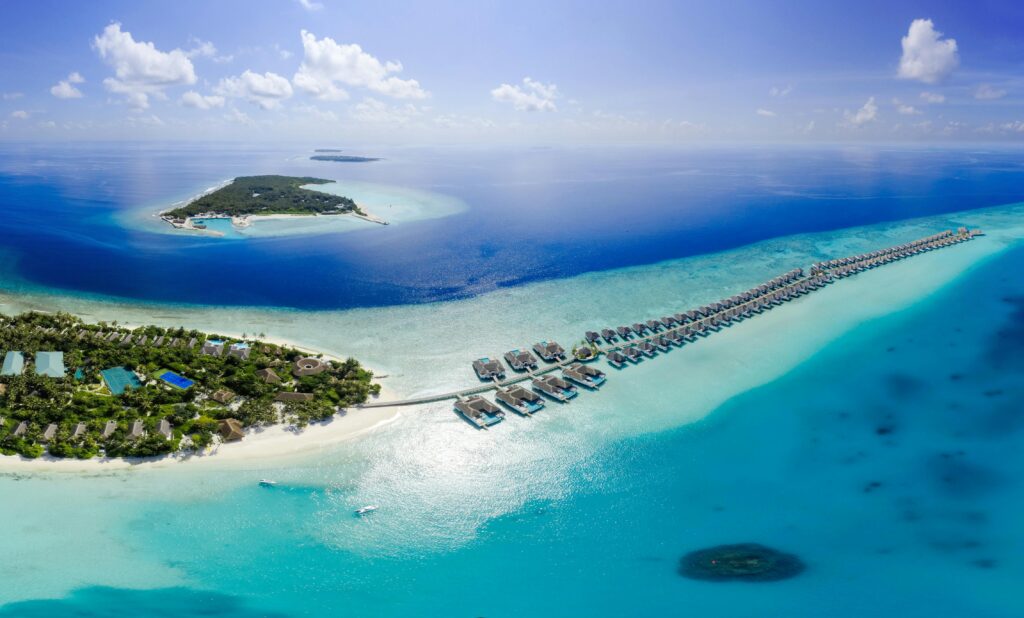
Maldives remains one of the top countries offering easy visitor visas for Indian citizens in 2025, thanks to its seamless visa-on-arrival policy that requires no pre-application or approval. Indian passport holders are granted a 30-day free visa upon arrival, making it an ideal destination for last-minute getaways. With minimal documentation like confirmed hotel reservations, return tickets, and proof of funds, Maldives continues to attract Indian travelers seeking a hassle-free island vacation with turquoise lagoons and overwater bungalows.
Beyond visa convenience, Maldives offers a serene and luxurious escape featuring white-sand beaches, coral reefs, and aquatic adventures like scuba diving, snorkeling, and dolphin cruises. Each island resort provides a private and tranquil environment, ideal for honeymoons, family holidays, or rejuvenating solo retreats. With strong air connectivity from Indian metro cities and consistently high hospitality standards, Maldives remains a top-tier travel destination in the Indian Ocean.
| Visa Type | Visa on Arrival |
| Processing Time | Instant at airport |
| Stay Duration | 30 days (free) |
| Requirements | Hotel reservation, return ticket, funds |
Why Visit: Ideal for luxury island resorts, honeymoons, and water activities.
Key Benefits:
- No pre-approval needed
- No visa fee
- Easy extension procedures
5. Indonesia (Bali)
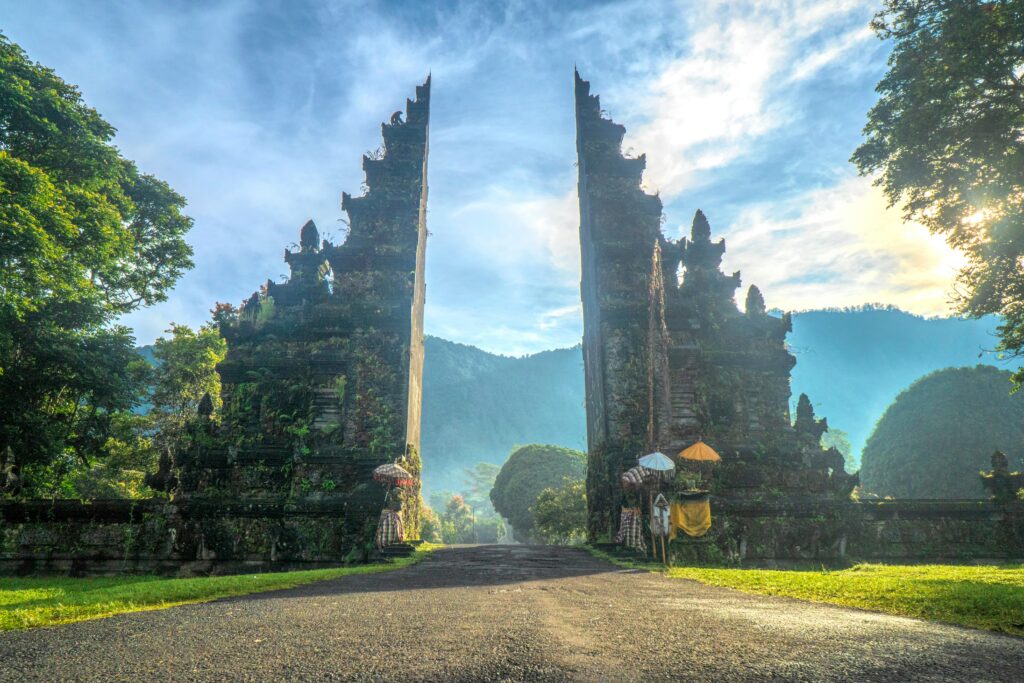
Particularly Bali, remains a sought-after destination among the Top Countries Offering Easy Visitor Visas for Indian Citizens in 2025. Known for its seamless visa-on-arrival process, the country offers Indian travelers an efficient and welcoming entry system. With minimal documentation and a nominal visa fee, Indonesia provides a smooth travel experience for tourists seeking adventure, cultural immersion, or relaxation. The visa is available at all major airports and seaports, making arrival hassle-free for Indian passport holders.
From the serene temples of Uluwatu and vibrant nightlife of Kuta to the rice terraces of Ubud and beaches of Seminyak, Indonesia caters to a variety of travel interests. The island of Bali, in particular, draws global attention for its spiritual charm, surf culture, affordable luxury resorts, and eco-tourism experiences. With increasing direct flights from India and affordable travel costs, Indonesia continues to be a top choice for families, honeymooners, and solo travelers.
| Visa Type | Visa on Arrival |
| Processing Time | At airport |
| Stay Duration | 30 days (extendable) |
| Visa Fee | USD 35 |
| Documents | Passport, return ticket, accommodation proof |
Pros:
- Simple documentation
- Available at major airports
- Popular with Indian travelers
6. Nepal
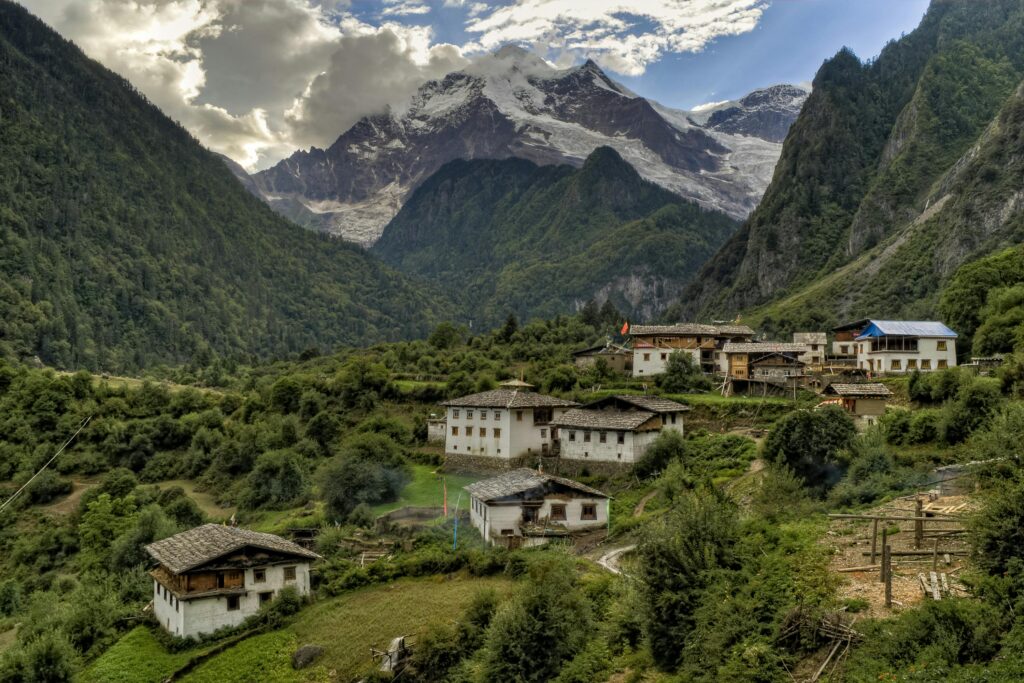
| Visa Type | Not Applicable (Visa-Free) |
| Entry Requirement | Government-issued ID (Voter ID or Aadhaar) |
| Stay Duration | Unlimited |
| Border Access | Land or air |
Why Visit: Nepal, a neighbouring country sharing deep cultural, religious, and historical ties with India, remains one of the top countries offering easy visitor visas for Indian citizens in 2025. With no visa requirement for Indian nationals, Nepal ensures hassle-free cross-border movement, making it an ideal destination for short getaways, pilgrimages, and adventure tourism.
From the towering peaks of the Himalayas, including Mount Everest, to spiritual centres like Pashupatinath Temple and Lumbini (the birthplace of Buddha), Nepal provides a unique blend of natural beauty and spiritual serenity. Activities such as trekking in the Annapurna region, paragliding in Pokhara, and exploring the vibrant streets of Kathmandu attract thousands of Indian tourists every year.
Advantages:
- Visa-free travel with Indian ID
- Unlimited stay duration
- Shared culture, language, and food
- Low-cost travel and accommodation
- Ideal for religious, nature, and adventure tourism
7. Bhutan

| Visa Type | Entry Permit (for Indians) |
| Required Documents | Voter ID or Passport |
| Stay Duration | 7–15 days (extendable) |
| Processing Point | Border immigration or Paro Airport |
Why Visit: Bhutan offers a rare blend of spiritual serenity, pristine natural beauty, and a unique measure of development based on Gross National Happiness. Nestled in the Himalayas, it is known for its dzongs (fortresses), cliffside monasteries like Tiger’s Nest, and untouched valleys. As one of the top countries offering easy visitor visas for Indian citizens in 2025, Bhutan allows seamless entry for Indian nationals with minimal formalities.
Benefits:
- No visa requirement for Indian passport holders
- On-the-spot permits issued at entry points
- Peaceful and eco-conscious environment
- Ideal for cultural exploration and mountain retreats
8. Seychelles

| Visa Type | Visitor’s Permit on Arrival |
| Processing Time | Instant on arrival |
| Stay Duration | 30 days (extendable up to 90 days) |
| Visa Fee | Free |
| Documents Needed | Return ticket, accommodation, funds |
Why Visit: Seychelles is a tropical paradise in the Indian Ocean, known for its pristine white-sand beaches, turquoise waters, and protected marine life. This island nation is one of the top countries offering easy visitor visas for Indian citizens in 2025, requiring no pre-application process or fees. With a visa-on-arrival policy, Indian passport holders can explore this luxury destination with minimal formalities.
Whether visiting Mahé, Praslin, or La Digue, travelers enjoy exceptional diving spots, exclusive resorts, and exotic island landscapes. The country’s laid-back vibe, clean environment, and eco-friendly tourism initiatives make it an attractive choice for couples, nature lovers, and high-end holiday seekers.
Visa Advantages:
- No visa application
- Free access
- Convenient travel for couples and families
9. Vietnam

| Visa Type | eVisa |
| Processing Time | 3–5 business days |
| Stay Duration | 30 days (single entry) |
| Visa Fee | USD 25 |
| Application Mode | Online official portal |
Why Visit: Vietnam offers a unique blend of natural beauty, historical depth, and vibrant culture, making it one of the most appealing destinations in Southeast Asia. From the limestone karsts of Ha Long Bay to the bustling streets of Hanoi and the lantern-lit alleys of Hoi An, the country presents a variety of attractions for every type of traveler. Vietnamese cuisine, known for dishes like pho and banh mi, is also a major highlight.
Features:
- Fast online process
- Digital document upload
- Widely accepted for Indian tourists
10. Kenya

| Visa Type | eVisa |
| Processing Time | 2–3 working days |
| Stay Duration | 90 days |
| Visa Fee | USD 51 |
| Application Mode | Online government portal |
Why Visit: Kenya is renowned for its breathtaking wildlife, expansive savannas, and rich biodiversity. It offers unforgettable safari experiences in the Maasai Mara, unique geological features like the Great Rift Valley, and beautiful coastal regions along the Indian Ocean. The country presents a perfect blend of nature, culture, and adventure, attracting wildlife enthusiasts, photographers, and eco-tourists.
Travel Benefits:
- High visa approval
- Great for nature tourism
- Smooth eVisa access
11. Mauritius
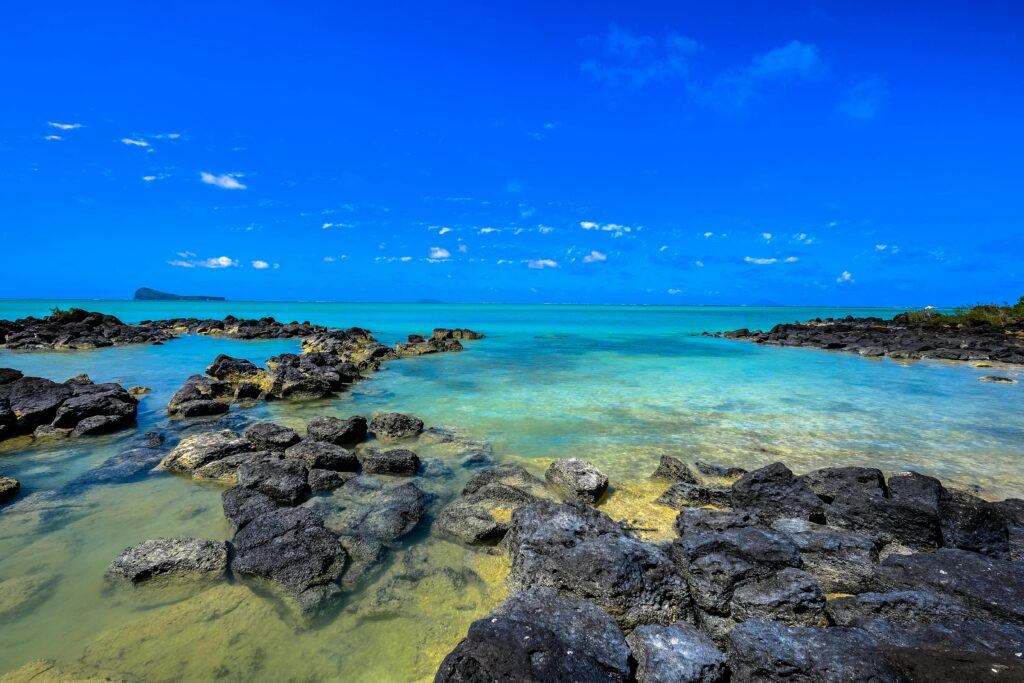
| Visa Type | Visa on Arrival |
| Processing Time | Instant at airport |
| Stay Duration | 60 days |
| Visa Fee | Free |
| Required Documents | Hotel booking, return ticket, proof of funds |
Why Visit: Mauritius is a picturesque island nation known for its pristine beaches, luxury resorts, and diverse cultural heritage. It’s a favored destination among Indian travelers for honeymoon getaways, destination weddings, and relaxing holidays. With no visa fees and an easy arrival process, Mauritius ranks high on the list of top countries offering easy visitor visas for Indian citizens in 2025.
From white sandy beaches to lush sugarcane fields and volcanic landscapes, Mauritius is a paradise for nature lovers. Its Indo-French-Creole cultural blend, vibrant markets, historical sites like Aapravasi Ghat, and delicious seafood cuisine further enhance its appeal.
Pros:
- No application stress
- Long stay validity
- Visa-free entry
12. Turkey

| Visa Type | eVisa |
| Processing Time | Instant (few minutes) |
| Stay Duration | 30 days |
| Visa Fee | USD 43 |
| Requirements | Valid US/UK/Schengen visa or travel history |
Why Visit: Turkey offers a unique blend of Europe and Asia, rich in history, architecture, and natural beauty. Explore ancient sites like Ephesus, relax on Mediterranean beaches, marvel at the Hagia Sophia and Blue Mosque, or take a hot air balloon ride over Cappadocia’s surreal landscape. The country’s vibrant bazaars, Turkish hammams, and flavorful cuisine further enhance the experience.
Perks:
- Quick online approval
- Easy for frequent travelers
- Safe and culturally rich
13. Jordan

| Visa Type | eVisa / Visa on Arrival |
| Processing Time | On arrival or online |
| Stay Duration | 30 days |
| Visa Fee | JD 40 (approx. ₹4,500) |
| Requirements | Passport, hotel booking, return ticket |
Why Visit: Jordan offers a captivating blend of history, spirituality, and desert adventure. Home to one of the New Seven Wonders of the World, Petra, as well as the surreal Wadi Rum desert, Dead Sea, and biblical sites like Mount Nebo, it provides an unforgettable travel experience. The country’s welcoming hospitality, rich cultural tapestry, and historical depth make it a unique destination for Indian travelers in 2025.
Visa Highlights:
- Easy entry for tourists
- Affordable visa fee
- Rich historical and natural sites
These top countries offering easy visitor visas for Indian citizens in 2025 provide flexible visa options including visa-free travel, visa on arrival, and eVisas. With simplified procedures and faster approval times, planning an international trip has never been more convenient. Travelers can select destinations based on interest, budget, and visa ease to enjoy a seamless vacation experience.
Want to know about more countries? Visit DK Visa Consultant, our advisor will provide the right guidance.
FAQ
Q1. Which country has the easiest visitor visa process for Indians in 2025?
Ans: Countries like UAE, Thailand, Sri Lanka, and Maldives offer the easiest visitor visa procedures due to digital applications, minimal documents, and high approval rates.
Q2. Are there any visa-free countries for Indian citizens?
Ans: Yes. Nepal and Bhutan allow Indian citizens to enter without a visa.
Q3. What is a visa on arrival, and which countries offer it to Indians?
Ans: Visa on arrival means travellers can get a visa at the airport without prior application. Countries like Thailand, Indonesia, Maldives, Seychelles, and Mauritius offer this facility.
Q4. Can tourist visas be extended after arrival?
Ans: Many countries such as UAE, Sri Lanka, Indonesia, and Maldives allow extensions. It’s advisable to check with local immigration.
Q5. What are the basic documents needed for a tourist visa?
Ans: A valid passport, return air ticket, proof of accommodation, travel insurance, and sufficient funds are generally required.

